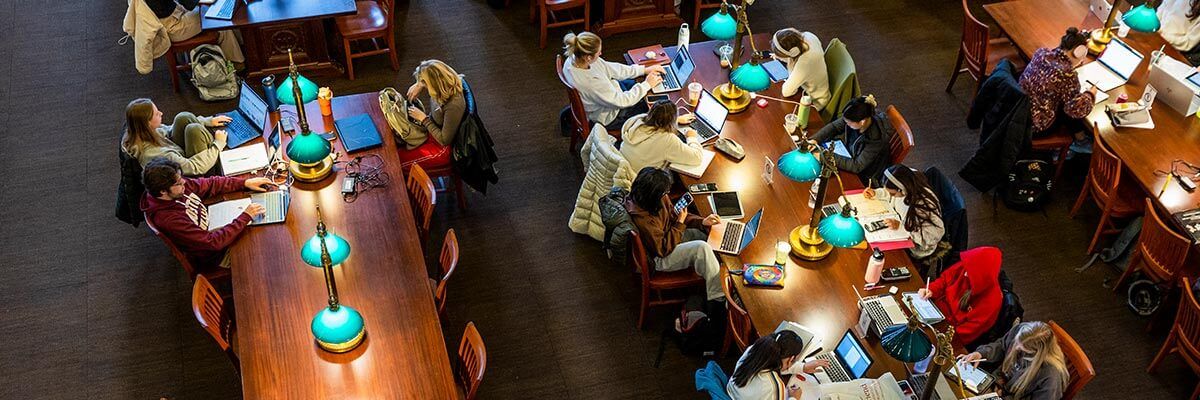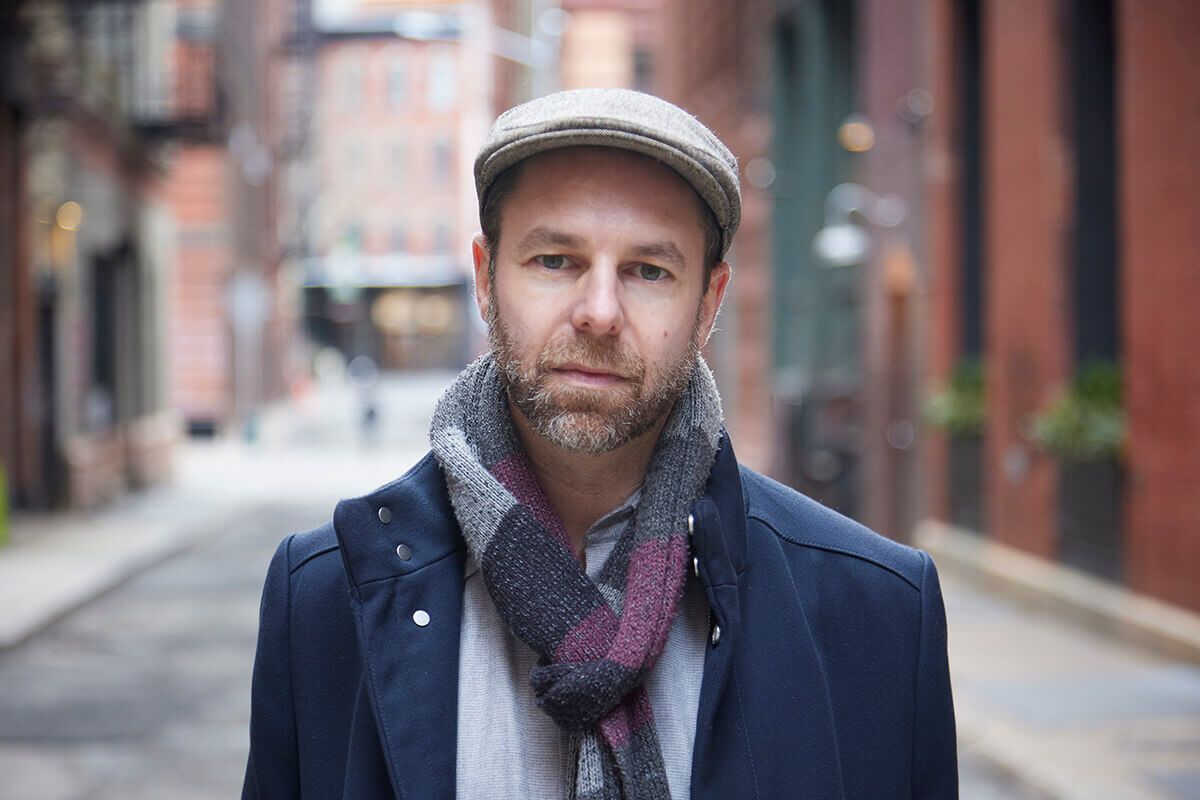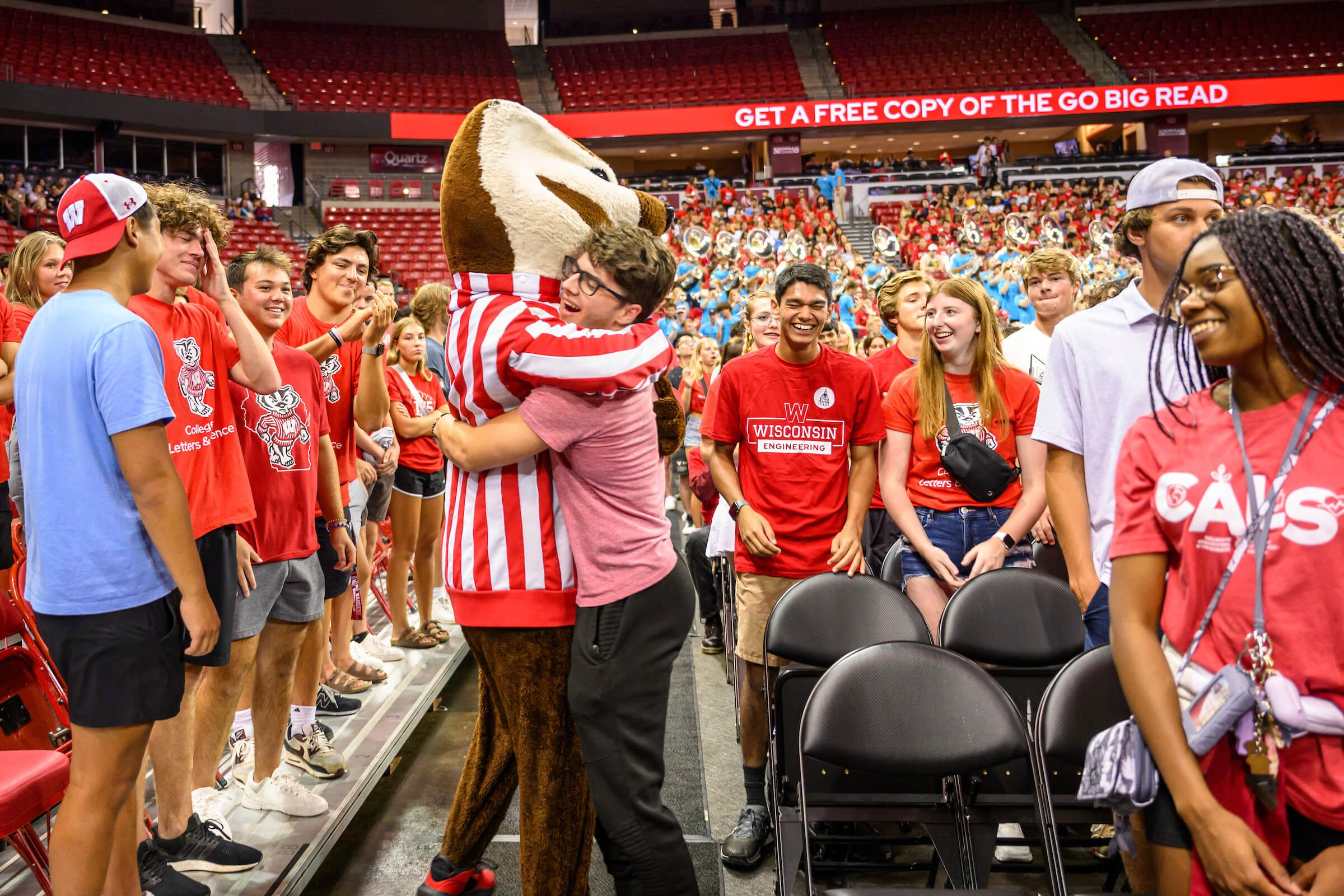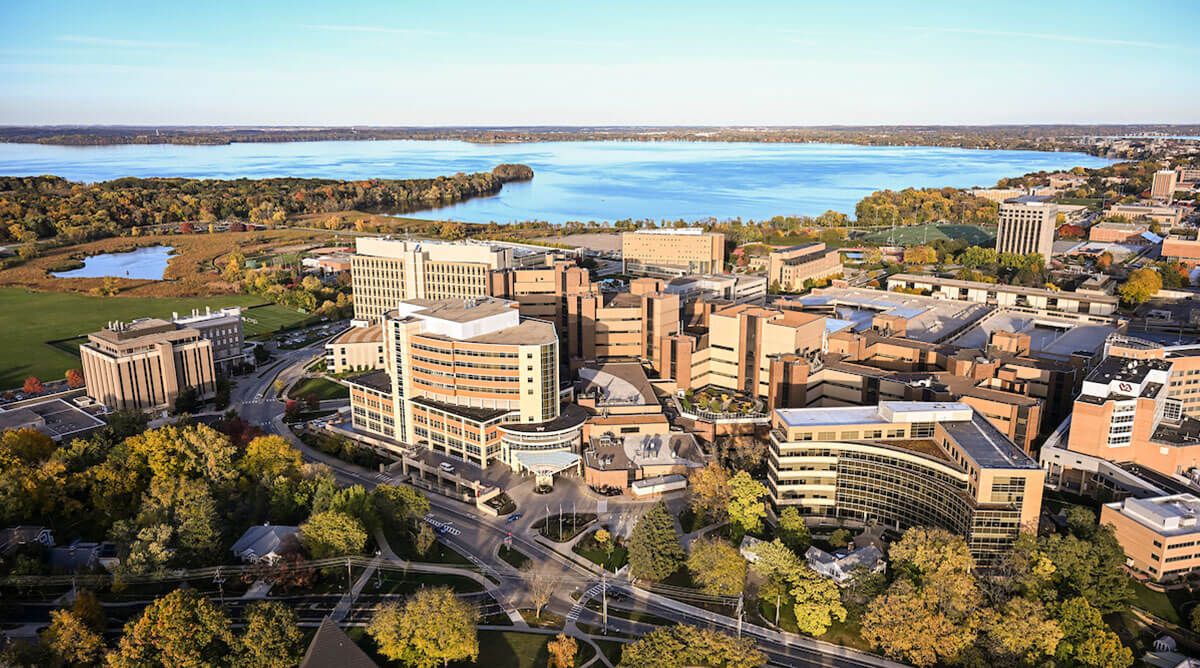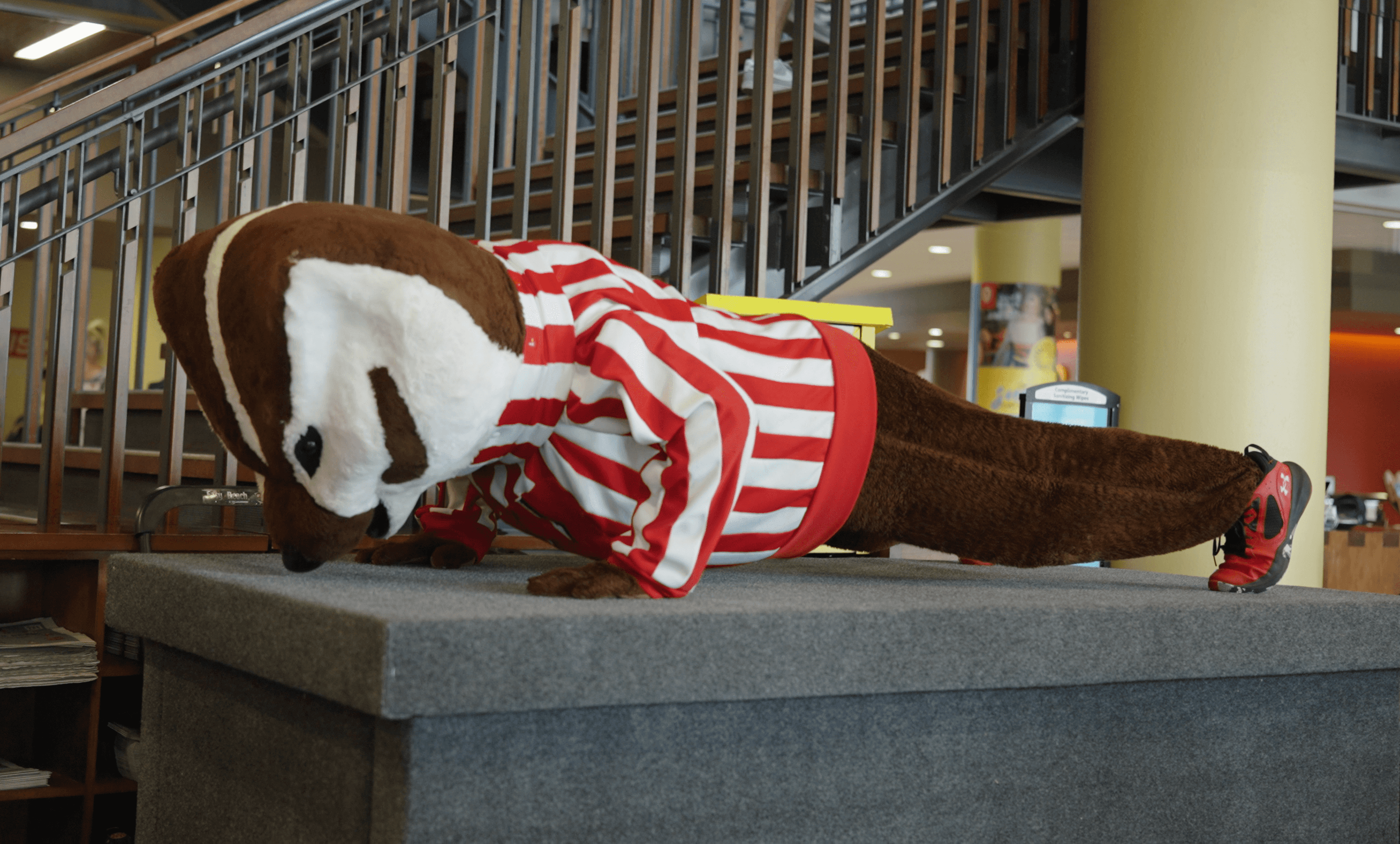At the risk of overstatement, Patrick McDaniel wants you to know that artificial intelligence (AI) is going to alter a lot of things.
“It’s really going to change the nature of human existence on this planet,” he says. “And that sounds on the surface like hyperbole, but it's not. It’s literally going to change the way we approach our lives.”
McDaniel is the Tsun-Ming Shih Professor in UW–Madison’s School of Computer, Data, & Information Sciences. He teaches and conducts research in networks and computer security, and he’s been involved in helping the White House create strategy around AI. He knows quite a bit about the technologies that fall under the general description of AI.
On April 16, he joined with Badger alumni Ankur Kothari ’01 and Rushabh Parmani ’01 — founders of the AI consulting firm Automation Anywhere — to discuss the future of AI on The UW Now Livestream.
McDaniel argued that AI will cause a disruption and advances similar in scope to the Industrial Revolution. “What we’re going to see is a change in the very nature of work,” he said. “This is a recalculation, a recalibration of our society, perhaps leading to a renaissance. What if we could spend the vast majority of our time in more creative, more inventive, more innovative endeavors? AI is going to drive those changes.”
Kothari and Parmani described how those changes are already taking place. The two created Automation Anywhere shortly after graduating from the UW, and they did so to address a need for companies to grow more productive.
“We are all about freeing the human intellect,” said Parmani. “That's the biggest power that we have as a society.”
Kothari argued that the biggest obstacle to freeing the intellect is hesitancy to embrace AI’s capabilities.
“The world is in productivity crisis,” Kothari said, even though “everyone we met, every leader always loved automation. No one said no. Still eight out of 10 processes or nine out of 10 processes in the world never got automated.”
Mike Knetter, CEO of the Wisconsin Foundation and Alumni Association, moderated the discussion and brought forward questions from viewers, who asked about economic dislocation, security, and social change.
For Kothari, optimism about AI’s potential far outweighs concern. “The amazing aspect of when you bring technologies together is what an individual can do,” he said. “Machines can do what they were designed for so we can do what we are good at: trying to solve problems.”


